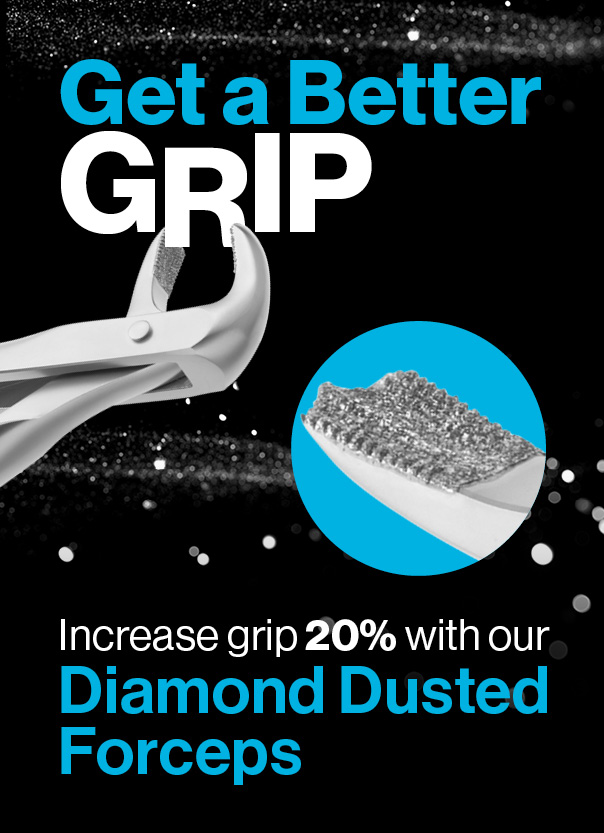The Results

By the end of the year-long trial at the two offices, the results were nothing short of astonishing for PDS®.
SHARP INJURIES ELIMINATED
After switching to cassettes, the two dental offices had zero incidents of sharps injuries during the trial period.
Cleaning instruments by hand increase the risk of sharps injury, as approximately 31% occur during cleaning.2 With cassettes, instruments are contained throughout the sterilization process, which dramatically lowers the risk of occupational exposure. The only time the staff has direct contact with an instrument is in the operatory with patients.
GREATER EFFICIENCY
Because instruments are not scrubbed, sorted and pouched manually, the two offices reprocess instruments eight minutes faster with cassettes.
The extra time the cassettes give the team members throughout the day adds up. They can spend more one-on-one time with patients, building relationships, explaining treatment plans, and ensuring they are 100% comfortable. More importantly, the offices can see more patients throughout the day.

PROTECTS INSTRUMENTS
Cassettes keep instruments organized and in proper cleaning positions, which helps the offices protect their investment in instruments.
Without cassettes, instruments are more frequently damaged during reprocessing or lost, which means offices buy new instruments more often. With cassettes, the instruments are held securely in place throughout reprocessing. This means the staff spends less time looking for lost instruments and replacing damaged ones.
FASTER ONBOARDING
The streamlined setup of the cassettes makes training new assistants significantly faster for the two offices.
Every instrument has a specific spot within the cassette, and the color-coded system allows procedural setups to be easily identified. When new assistants come into the dental office, they can quickly locate what is needed and feel confident it has all the necessary instruments.


